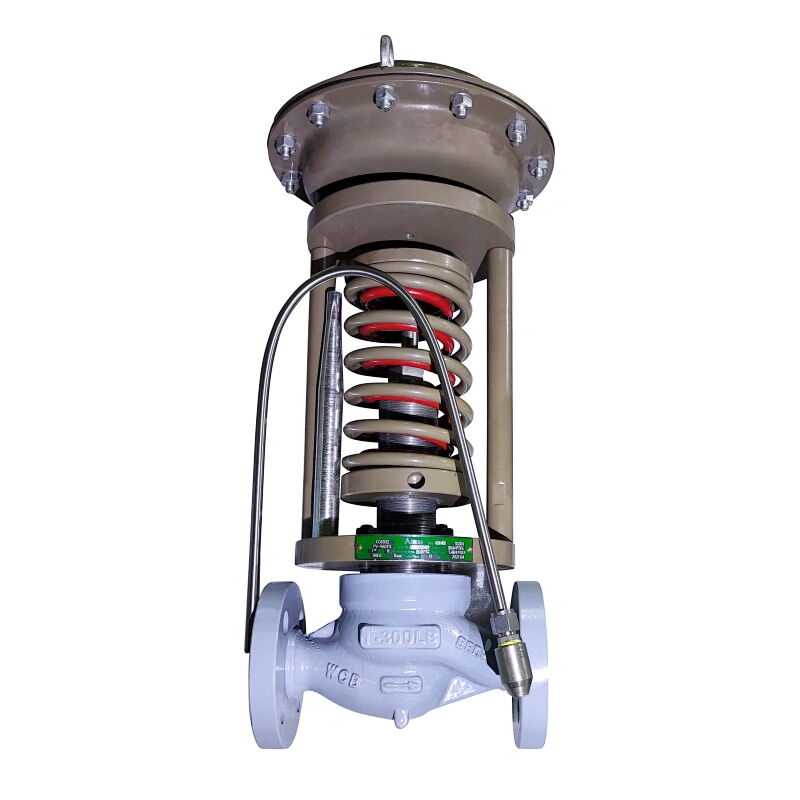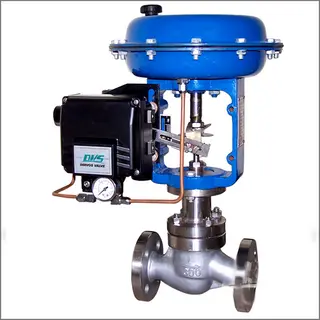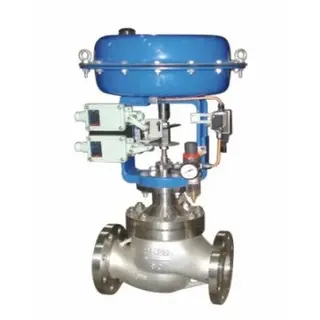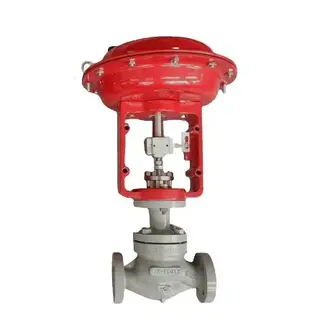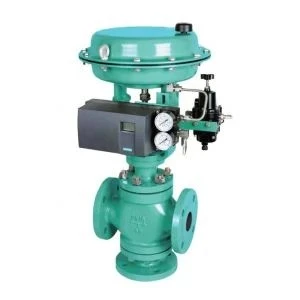Key Specifications / Features
Model No.: Hits: 6
Self-operated pressure control valves from our Chinese factory are available in 1 inch, Class 300 LB, and feature ASTM A216 WCB construction. They come with a pneumatic actuator, reduced bore, RF and BW ends, and are rated DN25, PN50.
$0.01In stock(Price depends upon negotiation)
Request a quoteTags
Detail Information
Size: 1 Inch, DN25
Pressure: Class 300 LB, PN50
Body material: Carbon Steel, ASTM A216 WCB
End connection: RF/BW
Operation: Pneumatic diaphragm actuator, PCL pneumatic piston actuator, Electric actuator
Bore: Full Bore and Reduced Bore
Feature:
• A significant benefit of this valve type is the absence of a need for extra auxiliary energy to operate the actuator, facilitating the implementation of straightforward pressure control systems at an affordable cost.
• These self-actuating pressure control valves function as pure P-controllers, which means they maintain a constant proportional relationship between the control signal and the process variable. When paired with a control element, P-controllers will always exhibit a constant offset from the setpoint, primarily influenced by the size of the proportional band.
• Predominantly designed as pressure-reducing and primary pressure control valves, they are often supplemented by differential pressure controllers and vacuum control valves to enhance functionality.
• The choice between spring-loaded or air-loaded membrane or piston-controlled proportional controllers depends on the pressure range of the control valves.
• Membrane-controlled proportional valves are utilized for very low pressures due to their larger effective surface areas, while piston-controlled valves are suitable for pressures from a few tenths of a bar up to 80 bars.
• They are designed to maintain a user-adjustable set-point pressure within specified limits in pipelines or vessels.
As self-actuating devices without the need for additional auxiliary energy, they are optimally suited for regulating the pressure of fluids, gases, and vapors in various industries, including food processing and pharmaceutical manufacturing.
